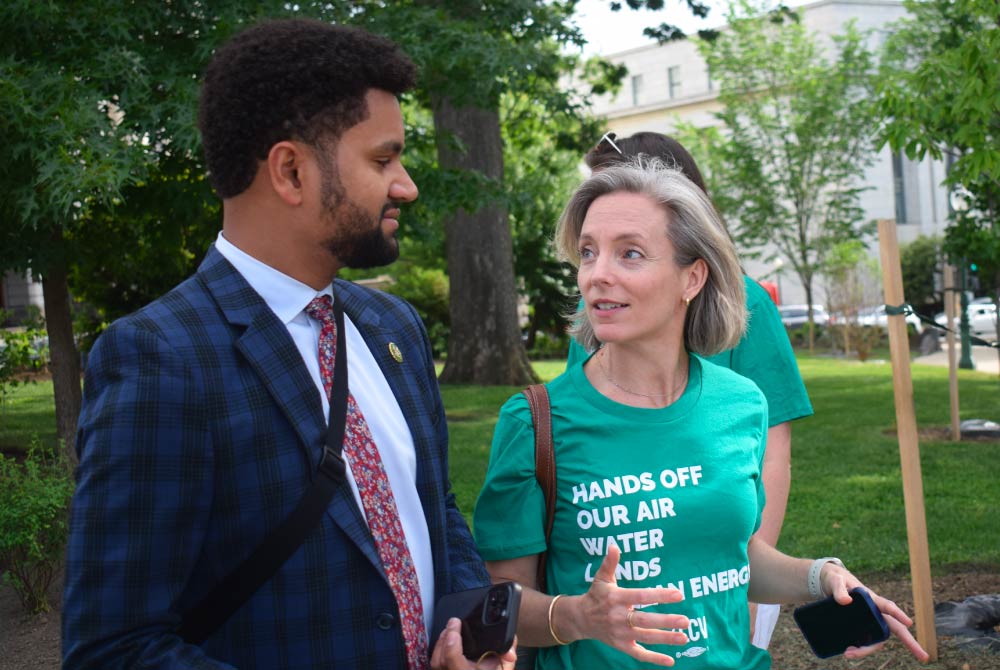
Top 5 Stories Worth Reading – June 2025
Jun 30, 2025
 Credit:
Nikita Nikitenko via Unsplash
Credit:
Nikita Nikitenko via Unsplash
Every Monday, we round up five of the best good climate news stories we’re celebrating. This week we’re covering the Biden administration’s decision to delay LNG export expansion, proposed pollution-cutting rules from the EPA, the U.S. Postal Service’s first electric charging station, and funding for wildfire smoke preparedness.
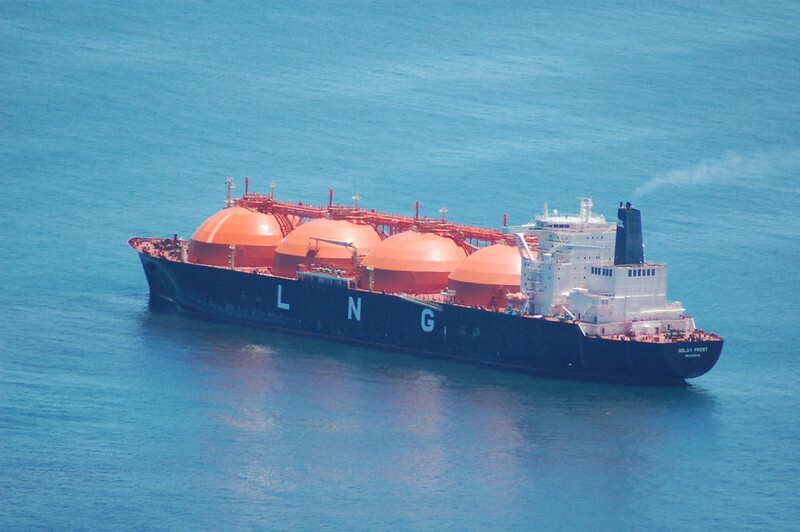
The Biden administration has announced its decision to pause approvals of new liquefied natural gas (LNG), also known as liquefied methane gas, export projects while the Department of Energy (DOE) reconsiders the process it uses to make public interest determinations of those projects.
DOE’s current public interest determination process has historically failed to fully consider the negative health and economic impacts of LNG’s lifecycle emissions on frontline communities.
Delaying new methane gas export terminals while DOE adapts this process will ultimately mean a cleaner, safer environment, lower energy costs, and improved national security in the U.S.
LCV President Gene Karpinski said, “This is huge. The Biden-Harris administration’s decision to take a deeper look at all the impacts of LNG exports is a major step forward towards protecting our families, our communities, and our climate.”
Source: White House
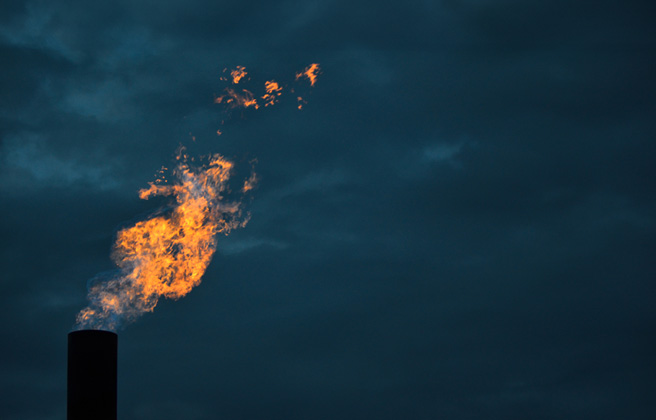
The Environmental Protection Agency has proposed a rule requiring oil and natural gas companies to pay a fee for methane emissions exceeding specified levels. Under the new proposed rule, companies would have to pay $900 per ton for excess methane emissions, with that number potentially increasing to $1,500 per ton by 2026.
Fossil fuel companies are the largest industrial source of methane emissions in the country. This first-of-its-kind rule aims to encourage fossil fuel companies to adopt practices to reduce their emissions of the super-pollutant, creating a safer, cleaner environment.
Source: PBS
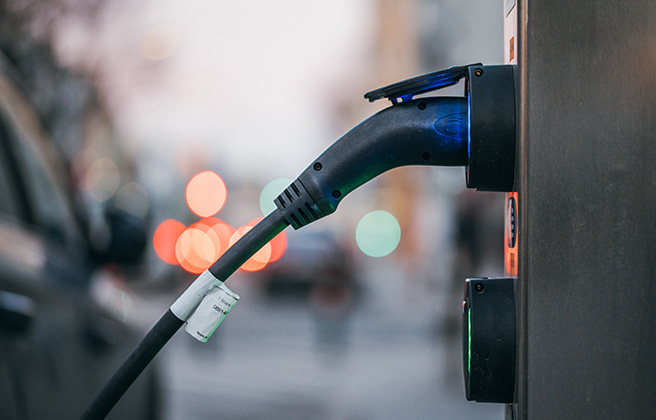
The U.S. Postal Service (USPS) has unveiled its first electric vehicle charging station at a Sorting and Delivery Center in Atlanta. USPS is building what will become the nation’s largest EV fleet, with 66,000 vehicles anticipated by 2028, and has plans to install hundreds of EV charging stations in Sorting and Delivery Centers nationwide.
Expanding the electrification of the postal service will reduce its carbon footprint, meaning less pollution and better air quality in our communities, and will also lower operating costs for the agency.
Postmaster General Louis DeJoy, a Trump appointee, said, “As we transform our operating processes and invest in new automation, new technologies, and upgraded facilities and vehicles, we will generate significant efficiencies that reduce our costs, slash our carbon footprint and minimize waste. We are grateful for the support of Congress and the Biden Administration through Inflation Reduction Act funding, which helped enable the electrification in evidence here today.”
Source: USPS
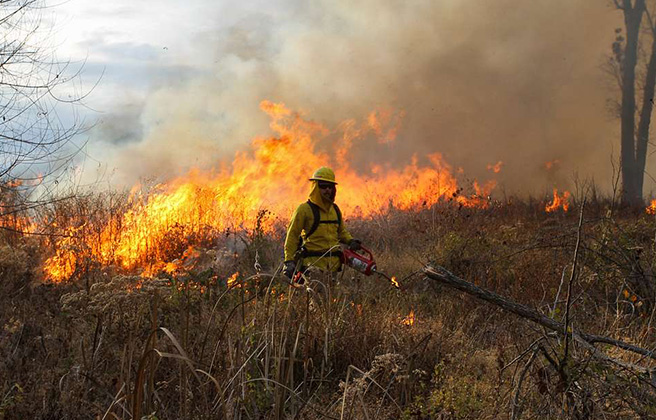
EPA announced nine grant applicants that will receive a total of $10.7 million for projects aimed at protecting and preparing communities in the West to deal with the effects of wildfire smoke.
Smoke pollution from wildfires can cause a variety of health issues, including asthma attacks, heart problems, hospitalizations, and even death. The funding will provide communities, many already overburdened by smoke pollution, the resources they need to provide critical public health protections from wildfire smoke in their public buildings. Applicants chosen to receive funding include the Nez Perce Tribe of Idaho, the Esperanza Community Housing Corporation in California, and the state universities of Arizona and Oregon.
Source: EPA
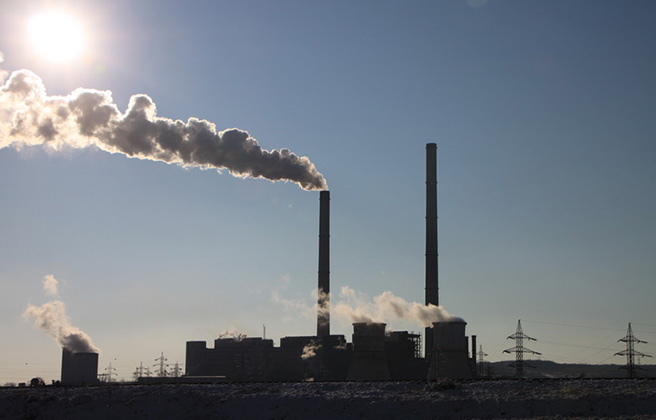
EPA has proposed expanding the “good neighbor” rule, which requires power plants to curb emissions that cause air quality problems in downwind states, to include five more states.
The new rule would require power plants in Arizona, Iowa, Kansas, New Mexico, and Tennessee to cut emissions of nitrogen oxides (NOx), which are a component of ground-level ozone, by nearly 1,500 tons in the 2025 summer ozone season.
Reduced NOx emissions and ground-level ozone would help to dramatically improve air quality and public health in affected communities.
Source: Politico
Check out the Power Source Blog and follow us on Instagram or Twitter for more Good Climate News every Monday.